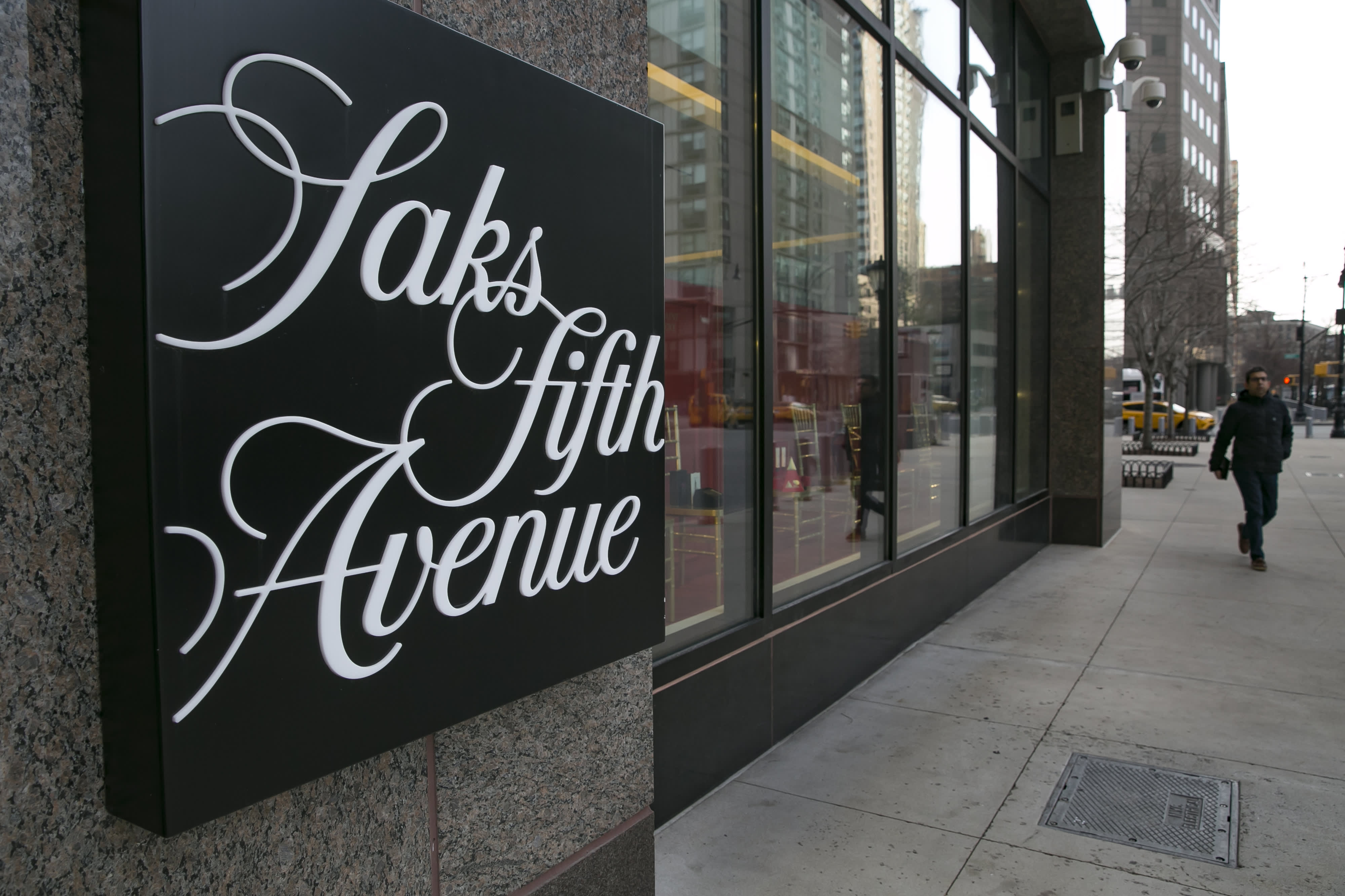Alicia Galowitsch and her husband, Mark, are on a fixed income. They scrutinize their budget to the penny.
“It’s very tight. It’s very tight to where we had to start going to a food bank,” said Ms. Galowitsch.
The Palmdale couple has six credit cards through Synchrony Bank, and they receive paper statements. But Synchrony recently told the Galowitschs the paper statements would now cost $1.99 each.
“It’s going to be $11.94,” said Ms. Galowitsch.
Get top local stories in Southern California delivered to you every morning. Sign up for NBC LA's News Headlines newsletter.
She said she relies on paper statements to keep the couple's finances organized, especially when she’s away from home.
“If I'm not here, the payments are going to be late because Mark’s not going to know what to do. With paper statements, everything is written down for him,” she said.
So, Galowitsch said she asked Synchrony to waive the fees. After all, she pays the bank roughly $450 a month in interest.
NBC4 Investigates
NBC4 Investigates breaks local news on stories that affect our community directly. Here are the latest investigations out of LA and SoCal.
“You make enough money on interest, why charge something else?” she said.
But Galowitsch said the bank wouldn’t budge.
“All they said was that’s what they decided to do. No ifs ands or buts,” she said.
Chi Chi Wu is an attorney with the National Consumer Law Center.
“They should not be charging consumers a fee for paper statements,” she said.
Wu said paper statements are an important consumer protection because people tend to overlook electronic statements, which in turn can lead to late payments.
“That’s one of the worst consequences, frankly, of online-only statements. People just overlook the email that tells you you’ve got a statement. (They) don’t open it up, don’t go to the website, or maybe they forgot their password, and they miss a payment. Now you've got to pay a late fee,” she said.
Wu also said accessing electronic statements isn’t always easy. Users have to log onto a website, remember their password and then download the statement. And the attorney said many try to do this from their cellphones, which makes it even more tedious.
“That’s a lot of physical steps. That’s a lot of what the industry calls "friction," and we all know the more friction, the less likely something’s going to happen. And so, paper statements have less friction,” she said.
Wu isn’t opposed to electronic statements; She just thinks customers should have a choice, and it should be free.
The NBC4 I-Team reached out to Synchrony Bank and it waived the paper statement fees indefinitely for the Galowitsch’s accounts. A spokesperson said the bank “has exclusions in place … to accommodate individuals with various situations.”
Galowitsch said it’s a start. She hopes Synchrony changes its policy for others, too.
“Think about the little people. The middle class. Be mindful of what your customer needs,” she said.


